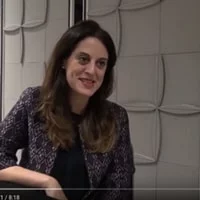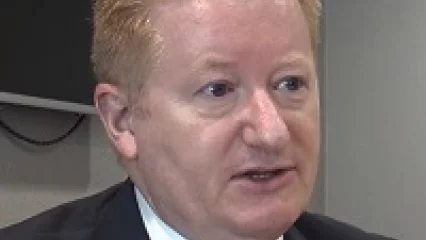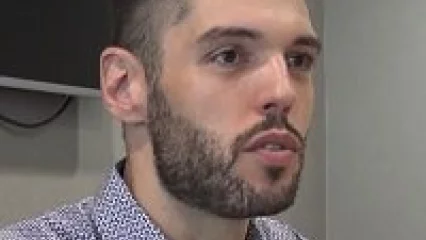[1:15] Q: How can applicants to the MBA and EMBA programmes best demonstrate their suitability for that programme?
[1:21] A: The application process is designed to figure out your dreams, why you want an MBA programme, and discover your leadership profile. We will examine your background and experience and according to that we will assist you and assess you and tell you which programme is the best fit for you at this moment of your career. Once we go through this first step and see that you fit the programme requirements, we look at your test results. We accept both GMAT and GRE and TOEFL and IELTS. If you don’t have that we have an online admissions test. At the end we have an interview – the key element of the application process because it gives us the chance to know you better and hear about your career objectives. It would help a lot if you have clear career goals. You will tell us about your background and how you will fit into group work in class. It’s a personal interview that will show if you are ready to face the challenges associated with an MBA programme in terms of commitment, work load and collaboration with your peers.
Learn more about MBA programmes at EADA by taking a look at this handy school profile.
[3:30] Q: What are some good questions that applicants can ask during the interview?
[3:35] A: Actually we love it when applicants ask questions. There are no good and bad questions. We like questions because it means that the applicants have examined the programme and that they are applying because they identify with the business school. Asking questions during the interview shows that you are mature enough, that you have thought about this decision and are interested in an aspect of the programme.
[4:43] Q: What are some common mistakes that applicants can easily avoid during the application?
[4:47] A: A very common mistake is trying to show too much and avoiding talking about what you want to develop and work on in terms of soft skills. Younger executives, for example, are eager to show off their experience and leadership qualities. We are indeed looking for excellent candidates, but we are also looking for candidates who can receive feedback. This lack of self-awareness is a pretty common mistake.
[5:46] Q: Do you prefer some of the tests to others and do you prefer some sections to others?
[5:57] A: No, we have no preferences. The only difference is that our admission test focuses on the specific skills that we are looking for.
Check out: How the GRE Became a GMAT Alternative
[6:24] Q: How important is the test score when it comes to scholarships?
[6:31] A: We have different scholarships. We have a scholarship for excellence, which is awarded based on the student’s GPA and test score. We have a variety of scholarships that can be applied to different profiles. Different people have different strengths. Your GMAT score can give us a fair idea of what your performance would be in class, but there’s much more to a student than the GPA and GMAT score. International exposure, leadership skills, potential and career – all these aspects will be taken into consideration during the admission and scholarship awarding process.



